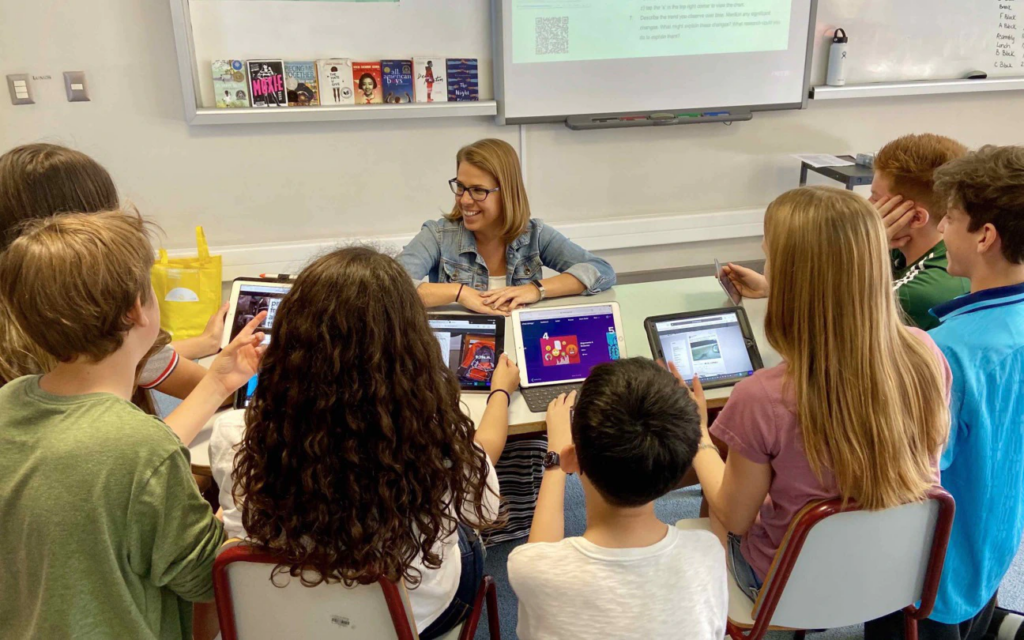My research question: How does digital media impact mental health both positively and negatively?
1st of 4 key research questions: What is digital literacy and why is it important?
This blog post will cover the first research questions relating to digital literacy and why it’s important. Digital literacy is the ability to use technology to evaluate and share information in an increasingly technology dominated world. Digital literacy is concerned with being able to successfully navigate and use technology to complete tasks while also adhering to safety and privacy concerns.
Digital Literacy in British Columbia
Following the COVID-19 pandemic BC’s post secondary and K-12 school system created a digital literacy framework to assist educators on how to safely and successfully teach online and how to integrate their classrooms with technology.
The BC Post-Secondary Digital Literacy Framework focuses on promoting the use of digital classrooms and environments. Integrating technology promotes accessibility by allowing people to access their learning materials from wherever they can access their computer/tablet/phone. The Digital Literacy Framework also covers concerns of privacy and security while teaching online.
The BC Digital Literacy Framework for K-12 focuses on providing education and digital skills to educators in the K – 12 system. Within the framework it provides a detailed account on how to integrate a classroom with online technologies, like technology-mediated communication.

5 Practical ways teachers can encourage digital literacy in the classroom. (n.d.). https://vibe.us/ca/blog/digital-literacy/
Why is Digital Literacy important?
The article titled “What is Digital Literacy?” by Liana Loewus focuses on the consumption and creation of online content and why it’s important to be digitally literate. For Loewus, consuming digital content requires you to understand where the content you are consuming is coming from. For example, with the increase in mis/dis – information, it’s essential to understand the source of the content you are consuming to insure its integrety. Creating content also requires you to be digitally literate because of issues such as privacy and its risks. For example, digital content you post publicly online can be accessed by future employers, friends, familys and more, so it’s essential that you are aware of the risks that come with posting content online attached with your name.
Loewus, L. (2024, June 10). What is digital literacy? Education Week. https://www.edweek.org/teaching-learning/what-is-digital-literacy/2016/11